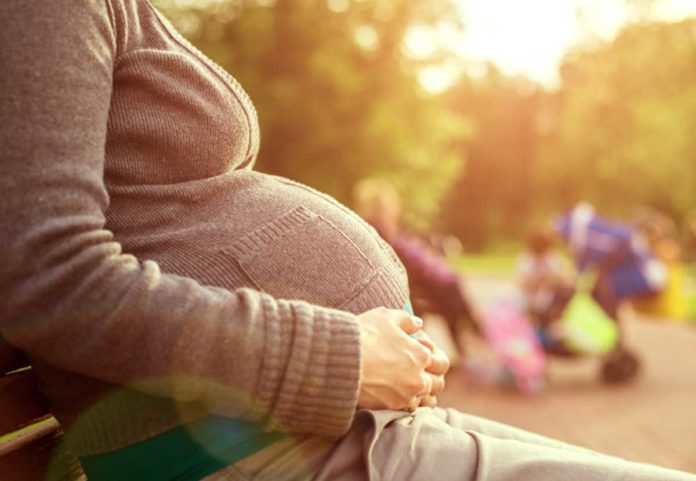High blood pressure, also known as hypertension, affects around 1 in 10 pregnancies. There are different types of hypertensive disorders that occur during pregnancy. The most common are pre-existing high blood pressure, hypertension that develops during pregnancy (gestational hypertension) and pre-eclampsia which affects 2-8 in 100 women and develops from around 20 weeks of gestation.
In an offer to get some answers concerning the role of a mother’s diet in the risk of hypertension and pre-eclampsia, a group of analysts at Imperial College London has completed a vast investigation of the dietary propensities for pregnant ladies and their related risks of these conditions. Their result shows that a Western diet – high in potatoes, meat, white bread, and margarine – increase the odds of developing these conditions during pregnancy.
The study involved 55,138 women who took part in the Danish National Birth Cohort. Women took part in two telephone interviews during pregnancy, at 12 and 30 weeks of gestation and in two interviews at six and 18 months after birth. A questionnaire assessed dietary intake at 25 weeks of gestation.
Diet rich in vegetables and fish reduces the odds of developing gestational hypertension by 14% (5491/39,362 women developed hypertension) and pre-eclampsia by 21% (1168/54,778 women developed pre-eclampsia). In the interim, a Western diet expanded the chances of creating gestational hypertension by 18% (5491/39,362 ladies created hypertension) and pre-eclampsia by 40% (1168/54,778 ladies created pre-eclampsia).
Scientists found that 14% of women had gestational hypertension, 2% had pre-eclampsia and 0.4% had severe pre-eclampsia. On average, women with high blood pressure or pre-eclampsia had a higher body mass index (1.6-2.3 kg/m2 higher) than those without the conditions.
Ms. Emmanuella Ikem School of Public Health, Imperial College London and School of Medicine, University of Bristol, and author of the BJOG study, said: “Our findings support the importance of eating a healthy and well-balanced diet in vegetables and fish and cutting out processed foods where possible. This will help to reduce a woman’s risk of developing high blood pressure and pre-eclampsia during pregnancy.
“Current advice recommends eating at least five portions of different fruit and vegetables every day, instead of foods high in fat. And generally it is safe to consume fish during pregnancy – no more than two portions of oily fish, such as mackerel or salmon, a week, and no more than two fresh tuna steaks or four medium-sized cans of tuna a week. Women should avoid eating shark, swordfish or marlin.”
Dr. Pat O’Brien, Consultant Obstetrician and Spokesperson for the Royal College of Obstetricians and Gynaecologists, said: “High blood pressure and pre-eclampsia can result in harmful complications for mother and baby. These conditions must be managed with medications and monitored closely by healthcare professionals during pregnancy and birth.
“These latest findings are encouraging as it shows there are additional steps a woman can take to reduce her risk of these conditions by eating healthily. It is also vital that women and their partners are encouraged to manage their weight and to have a healthy diet ideally before conception, to ensure the healthiest possible pregnancy and best start to their child’s life.”
The study shows only an association between diet and risk of hypertension during pregnancy, the results add to an existing body of evidence that supports the consumption of a healthy, well-balanced diet.
These findings were suggested in a large study published in BJOG: An International Journal of Obstetrics.
